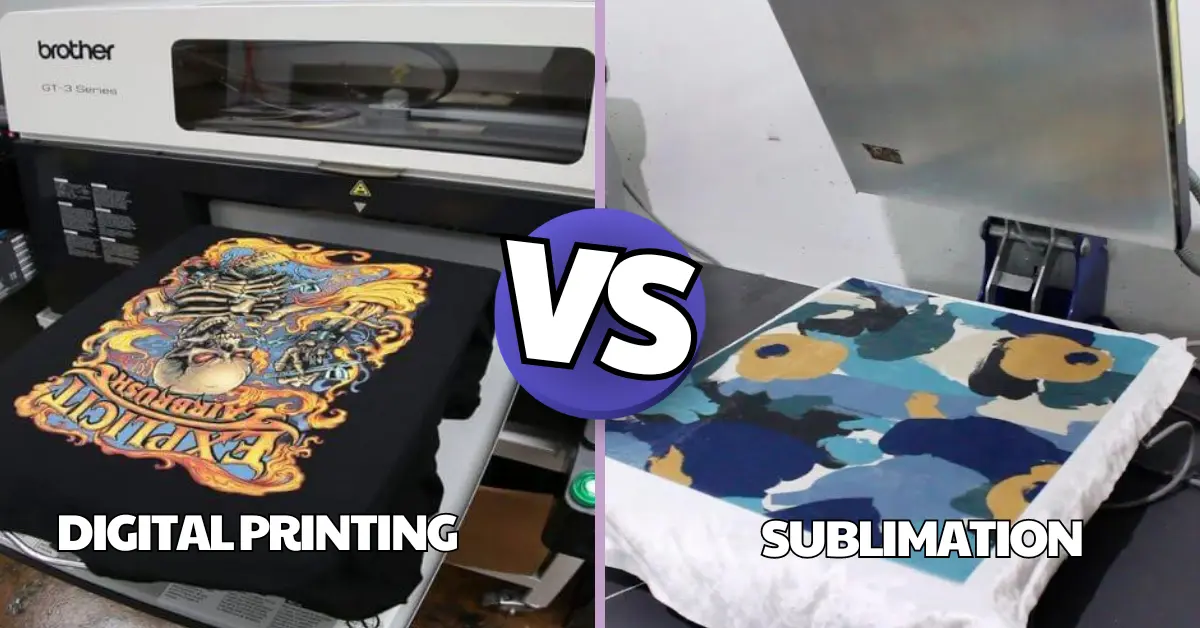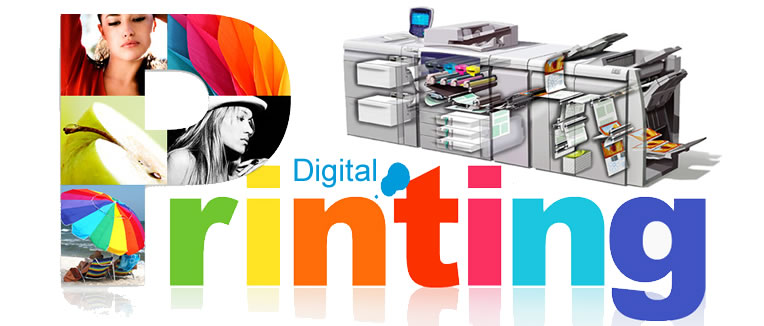Getting The Digital Printing To Work
Table of ContentsDigital Printing - The FactsLittle Known Facts About Digital Printing.8 Easy Facts About Digital Printing ShownDigital Printing Fundamentals ExplainedThe 5-Second Trick For Digital PrintingFacts About Digital Printing RevealedDigital Printing Fundamentals ExplainedNot known Incorrect Statements About Digital Printing
Personalization additionally enables companies to stand out in a jampacked market by creating one-of-a-kind advertising materials that separate them from their rivals. Among the primary benefits of digital printing is the capability to print variable data. Each printed piece can be special, permitting services to produce personalized advertising and marketing products that speak directly to their target market.Digital printing likewise permits for customization in the style of advertising products. With electronic printing, services can produce designs that are one-of-a-kind and customized to their particular demands. This can consist of customized graphics, typefaces, and layouts that can aid to distinguish them from their rivals. An additional benefit of electronic printing is the capacity to print as needed.
Rumored Buzz on Digital Printing
By publishing smaller sized quantities of advertising and marketing materials, organizations can decrease waste and prevent the demand for excess inventory. Digital printing is likewise functional.
By utilizing different materials and layouts, businesses can develop one-of-a-kind advertising and marketing products that stand out from their competitors and draw in attention from their target market. Digital printing also supplies consistency. With traditional printing approaches, there is usually variant in between prints due to distinctions in ink protection, stress, and various other variables.
This consistency can aid develop customer count on and reputation, revealing that the organization is dedicated to giving high-quality materials. Consistency is particularly important for organizations that want to construct client trust fund and trustworthiness. By making certain that every print corresponds, companies can reveal that they are dedicated to supplying top quality materials and taking notice of the information.
What Does Digital Printing Do?

In enhancement, digital printing creates much less waste because it can publish as needed and in smaller sized amounts, reducing the need for excess inventory and products. Digital printing additionally utilizes less power contrasted to conventional printing techniques. Digital printers do not call for as much power to run, as they do not need to warm up as much or make use of as much power to run.
Our Digital Printing Ideas

Balanced out printing requires a plate for every shade printed. Typical countered printing is a print technique that uses light weight aluminum plates to transfer ink onto a rubber sheet (frequently referred to as a "blanket"). The picture is after that rolled onto the printing surface area. This printing approach is thought about "offset" since the ink is not transferred to the paper directly.
What Does Digital Printing Mean?
Although the devices's set-up costs are high at first, added systems become fairly more economical as the amount increases. Offset printing enables a large variety of print materials to be used during production. It enables the printer to make use of various paper types, personalized surfaces, and various inks. get more The premium pictures produced through offset printing make it the favored approach, particularly among visuals designers, when seeking the best shade recreation, detail, and professional-looking prints.
The essential printing approach continues to be countered. For electronic inkjet printing, ink is moved directly onto the surface. Instead of relying upon light weight aluminum plates and rubber blankets to transfer a photo, electronic printing uses fluid ink during production. Conventional home inkjet printers are one of one of the most common digital printing approaches.
Little Known Questions About Digital Printing.
Better color fidelity describes both the accuracy of the shades and their equilibrium in the design. Due to the fact that countered printing can blend personalized shade inks for each and every job, it will naturally get the colors spot-on. Functions equally well on virtually any type of type of material. Dependable, exceptional image top quality. Rely on countered printing for tidy, distinct types and images without streaks or spots.
It sets you back a whole lot to begin a balanced out job. You have to invest cash right into producing home plates, which requires time. However, once you've spent it, every one of the materials prepare to go, and you'll invest less on large countered jobs than a digital print, which has to do with the exact same per piece regardless of just how huge the work obtains.
Digital printing is less pricey for low-volume jobs. The price per unit drops for digital find more printing, so at some factor, they crisscross. Altering information within a solitary print task.
Facts About Digital Printing Uncovered
While digital printing or inkjet printing is the favored option in the existing times, there are compelling reasons to convert from balanced out to electronic printing systems. When printing balanced out or digitally, crucial decisions and processes are included in shade matching.
Whichever the instance, the shade will certainly require to be matched. Shade matching of digital printer ink is no much longer testing with dyes and pigments. Industrial inkjet printing offers adaptability for printing on several substrates. Digital printing is perfect for consumers that do not need longer runs and warehousing materials.

One benefit of electronic printing is choosing from a vast variety of digital substratums. With electronic printing, the price of the substrate in the total work is minuscule.
A Biased View of Digital Printing
Equipment expenses in inkjet printing are much lower than countered printing as there are no plate-making, plates, and press costs. Past the resources expenditure, the prepress devices and printing presses require highly experienced operators in offset printing, which adds labor expenses.